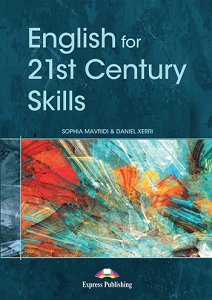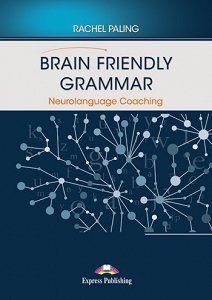Why do you teach in the way you do? How do learners learn in the way they do? Why are coursebooks written in the way they are? Here’s a brief overview of the influence of three theories in Educational Psychology on English as a Foreign Language. These approaches inform the development of effective teaching techniques and the assessment of learners’ attitudes and progress. Most importantly, they investigate the process whereby skills, attitudes, knowledge and concepts are acquired, understood, applied and extended.
Behaviourism
Key names: Thorndike & Skinner.
The idea is that we learn by building associations between thinking and behaviour.
In behaviouristic approaches, the teacher provides a stimulusand expects students to react to it. Once students get the answer right, they are rewarded either by being praised or by receiving a gold star. The teacher is in control of the activity, timing, pace and materials, whereas stimuli are often provided through flashcards or realia.
Drawbacks: Little attention to individual needs and interests; rigid, fixed routines and contexts may be rather artificial and practice mechanical.
Constructivism
Key name: Piaget.
Here learning is seen as the result of the interaction between thought and experience through a sequence of developmental stages. By being exposed to new experiences, we restructure our thoughts to create another, new state of affairs. The new is thus accommodated and assimilated. Learners are active participants in examining and discovering the world so play is important as is variety and stimulation; we use realia, colourful materials and encourage discovery.
A drawback might be the focus on the individual, disregarding the social dimension of learning.
Social Constructivism
Key names: Vygotsky & Bruner.
There is here an emphasis on the social/cultural context of learning and interacting with others. A child develops when given scaffolding/support by someone more knowledgeable to help construct meaning. Pair and group work, projects, board games, drama and discussion activities are emphasized as well as providing help in the form of guided writing and pre-writing tasks. Reading skills such as skimming and scanning, prediction and guessing from context are promoted along with general learning strategies.
Drawbacks: Classes may be noisy whereas the teacher needs to put in extra work.
We can probably recognize elements of all three ways of thinking about the nature of learning and thinking in our own work.
.png)








